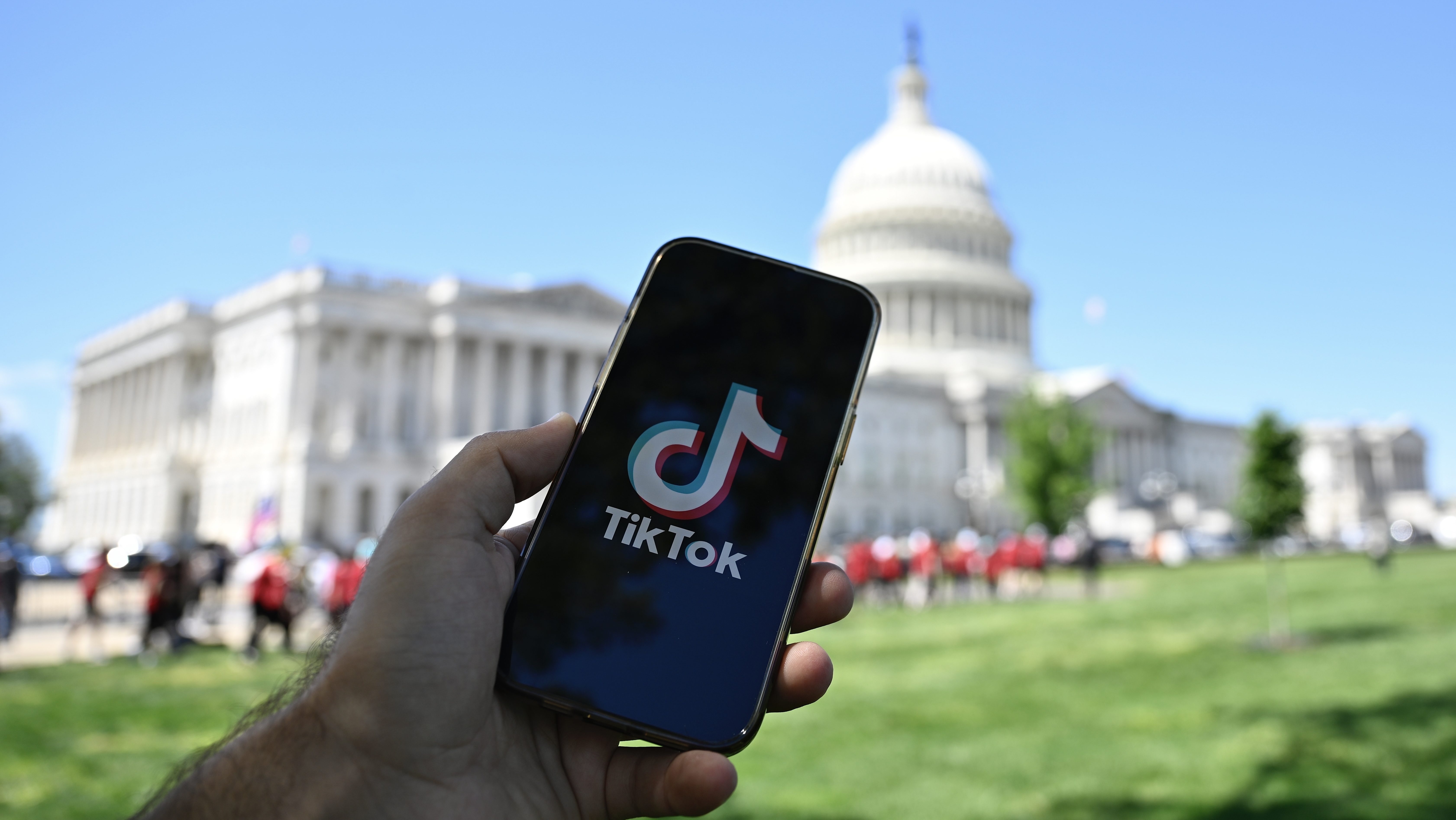Two American aid workers have recovered from Ebola and left an Atlanta hospital, after weeks of intensive treatment in a special isolation unit.
They were first two Ebola patients ever brought to the United States.
Dr. Kent Brantly was released from Emory University Hospital on Thursday, nearly one month after he first developed Ebola symptoms while working in West Africa's Liberia. He read a statement at a press conference at the hospital Thursday.
One of his colleagues in Liberia, Nancy Writebol, was quietly released Tuesday, hospital officials disclosed on Thursday.
Some questions and answers about their care and recovery:
Q: Are they cured?
A: Yes, doctors say. There is no more virus in their blood and their symptoms are gone, said Emory's Dr. Bruce Ribner. They will need some time to get their strength back, but they have recovered, he said.
U.S. & World
Q: But could they still infect someone else?
A: No, Brantly and Writebol are not considered contagious. Emory's staff demonstrated that by hugging Brantly as he left the press conference. The Centers for Disease Control and Prevention says the release of the two patients poses no threat to the public. (The CDC does advise survivors to avoid sex for three months or use condoms because the virus can be found in semen for seven weeks.)
Q: They both got an experimental treatment. Did it work?
A: Brantly credited his recovery to a number of things, including the ZMapp drug. But Emory doctors and government health officials said it's simply not known whether ZMapp helped them get better, made no difference or hindered their recovery. A Spanish missionary priest who also got the experimental drug has died.
Q: Is there any more available?
A: The small supply is now exhausted; the last of it went to three health care workers in Liberia. It is expected to be many months before any more can be produced by its U.S. maker. The drug aims to boost the immune system to fight off the virus.
Q: Didn't Brantly get a blood transfusion, too?
A: Before he left Africa, Brantly was given blood from a 14-year-old boy who survived Ebola while in his care. The intent was to provide Brantly with antibodies to help fight the infection. And, again like ZMapp, doctors simply don't know if it had any effect.
Q: Well, then what cured them?
A: There's no simple answer. Since there's no specific treatment, care is focused on easing symptoms to give the body enough time to fight off an infection. Patients are given fluids, nutrients and medicines to counter the bleeding, vomiting, and severe diarrhea that can lead to organ failure and death. It probably helped that Brantly and Writebol were considered healthy and well-nourished just before they were infected and received prompt care.
Q: Do many people recover from Ebola?
A: Ebola is an unusually deadly disease, but some do recover —and with far less aggressive treatment than what Brantly and Writebol received in Atlanta. The mortality rate in the current outbreak in West Africa ranges from 30 percent to 90 percent depending on the area, according to the World Health Organization.
Q: Can the Americans get Ebola again?
A: Doctors believe they are immune from the Ebola virus that's caused the current outbreak in West Africa. They may not have much natural protection from other Ebola viruses, however.



